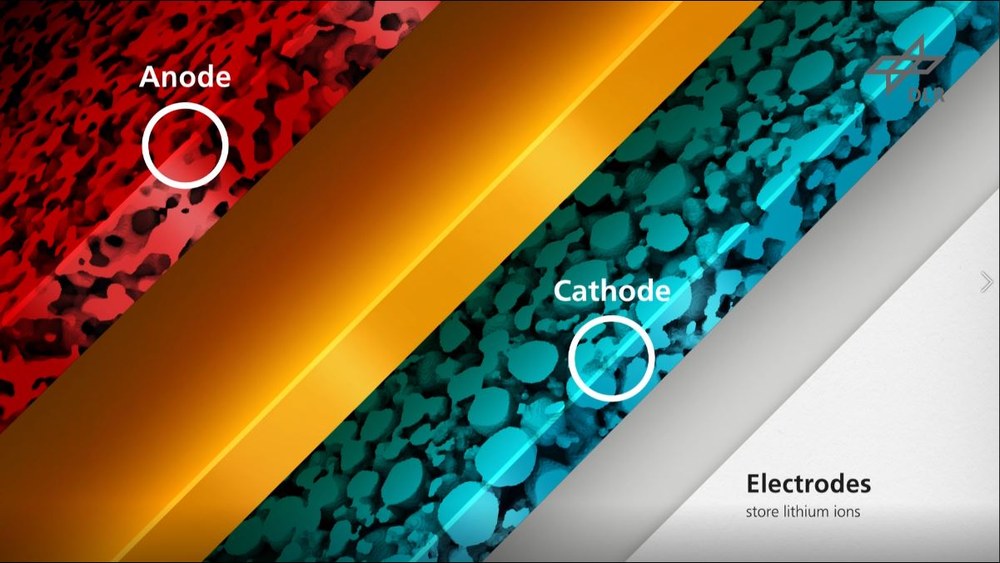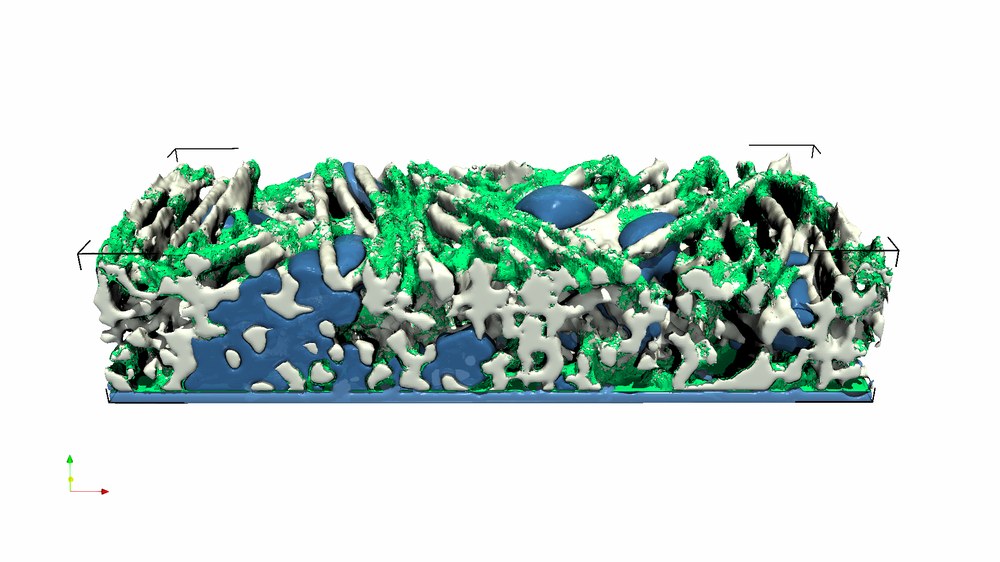Department Computational Electrochemistry

The development of innovative fuel cells and batteries requires an in-depth understanding of the chemical and physical processes that take place in them. Our research focuses on this understanding and the implementation of our findings in a digitalised design process for electrochemical and thermochemical storage systems and converters. By developing precise simulation tools, we can not only save time and costs, but also optimise the performance and service life of these energy storage systems and converters.
Our focus
In the Department of Computational Electrochemistry, we pursue the goal of transforming material, electrode and cell designs into an innovative digitalised workflow. The prerequisites for this are physically and electrochemically based models, coupling with the latest data-driven modelling techniques and the development of the foundations for the use of quantum computers to develop materials for energy storage.
By applying thermodynamic principles, we derive mathematical equations that enable us to simulate coupled electrochemical and transport processes in batteries, fuel cells, electrolysers and thermochemical storage systems. From interface processes to 3D-resolved electrode processes from the nanometre to the micrometre scale and cell behaviour, all relevant temporal and spatial scales are recorded in order to optimise the performance and service life of energy storage systems.
At the Helmholtz Institute Ulm (HIU), the following battery types are being investigated in the "Theory of Electrochemical Systems" and "Microstructure Simulation and Applications" groups:
- Li-ion batteries
- new types of batteries (sodium batteries, metal sulphur and calcium batteries)
- solid-state batteries.
At the Stuttgart site, we deal with the physical modelling and simulation of high- and low-temperature technologies. The following cell types are being investigated:
- Polymer electrolyte fuel cells and electrolysers
- Solid oxide fuel cells and electrolysers
- Thermochemical storage systems
Multiscale models and microstructure-resolved models are used. The focus is on understanding ageing processes and performance limitations as well as simulation-based optimisation.



The Computational Electrochemistry department lays the foundations for the digitalised development and optimisation of batteries, fuel cells, electrolysers and thermochemical storage systems, thereby helping to accelerate the transformation process towards an electrified energy economy. The foundations for the use of new key technologies such as quantum computers and artificial intelligence methods are being created and researched for their potential for industrial application.
Key competences:
- Modelling and simulation of batteries
- Modelling and simulation of fuel cells and electrolysers
- Modelling and simulation of thermochemical storage systems
- Use of quantum computers in energy research
